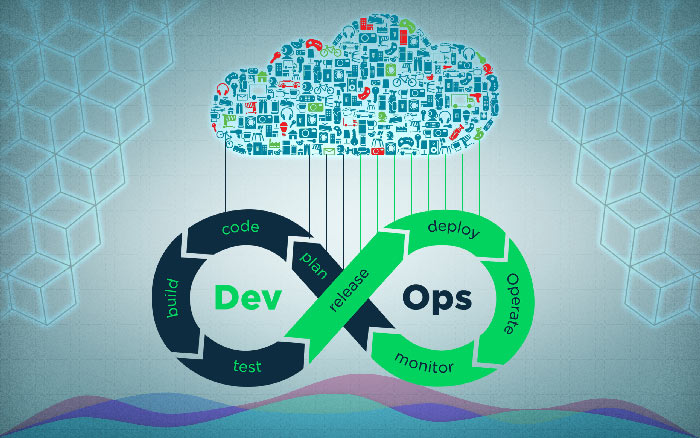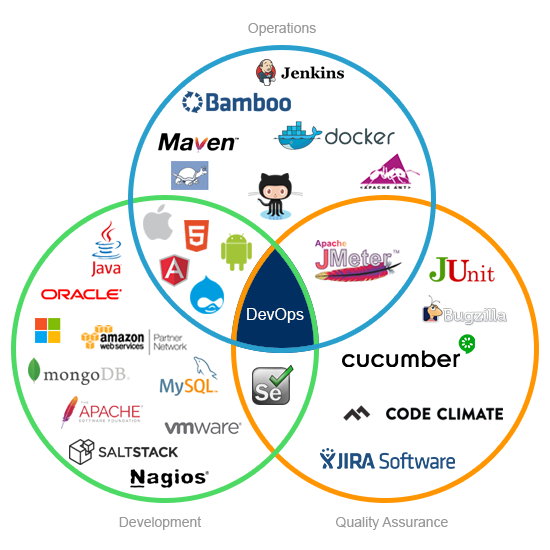Overview
Fible provides and customizes according to customer needs a delivery model for a set of tools that facilitates collaboration between an organization’s software development team and the operations team.
We provide the disparate tools that cover various aspects of the overall process and connect these tools to make them work together as one unit.

The Service
-
- Initial Consulting and planning in order for you to identify how and at which key areas to apply in your organization the DevOps mentality
- A complete proprietary stack created, managed and maintained by Fible;
- Strategies for the user to manage the cultural change involved in blending tasks traditionally performed by siloed software application development and systems operations teams;
- An open stack wherein Fible creates a proprietary interoperability system, allowing for a set of hosted open source components;
- An orchestration layer that uses open application programming interfaces to integrate with existing tools.

Approach
In addition to the benefits from any cloud deployment, there are advantages that are unique to DevOps as a Service:
- Cloud-based DevOps makes it easier to collaborate, putting all the tools in the cloud so they can be accessed by users anywhere.
- DevOps as a Service means faster testing and deployment. Generally, using cloud services enables increased release frequency. It also gives developers more computing power and data storage as they need it.
- Using DevOps as a Service hides the complexities of data and information flow, which means DevOps team members can focus on their specific tools without having to understand the entire tool chain. For example, a software developer can run tests using source code management tools, and an IT operations manager can make changes using configuration management tools.
- Using cloud services is a more data-driven process where everyone uses the same data set. This lends itself to better documentation and tighter quality control.
- DevOps as a Service does not have to function on its own; it can coexist with internal DevOps development and deployment processes. Using DevOps as a Service simply makes it easier to offload specific aspects of a project for better collaboration and faster turnaround.


